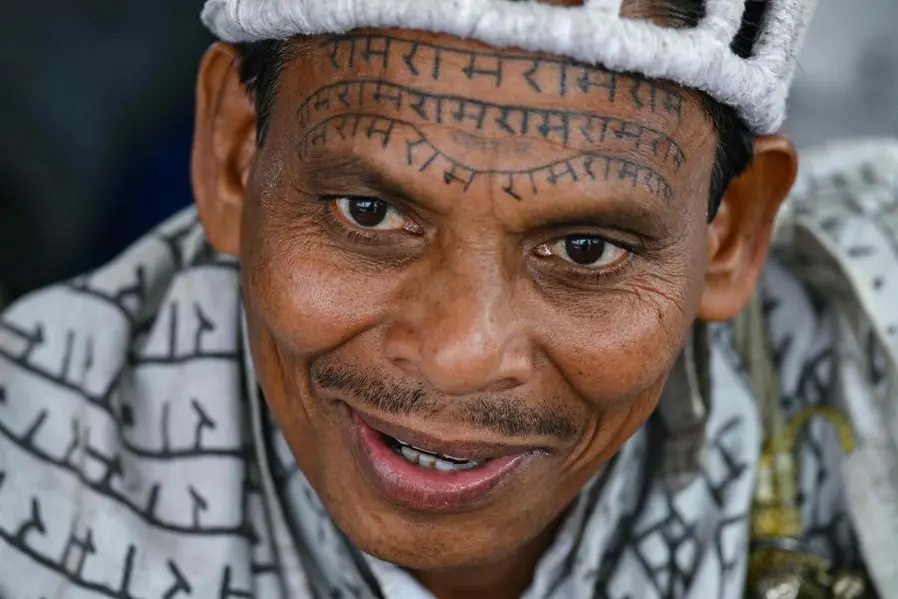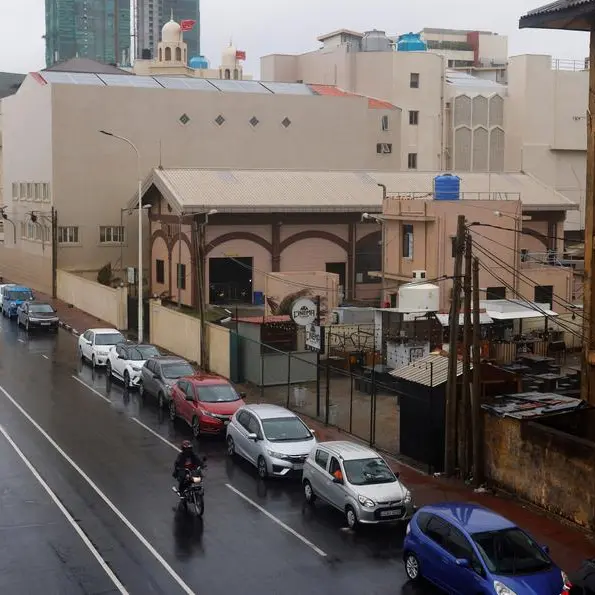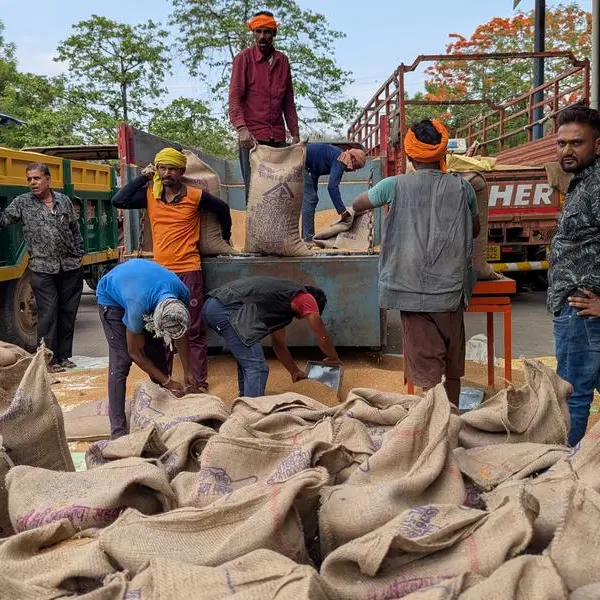PHOTO
While India's great and good gather for the opening of a controversial temple to the Hindu god Ram, some of his most fervent but least privileged adherents gather separately to celebrate the deity -- covered from head to toe in tattoos of his name.
Once barred from entering holy sites because of their place at the bottom of India's millennia-old caste hierarchy, members of the Ramnami religious movement aim to show that all can worship their beloved Ram.
But as India prepares to inaugurate the temple at Ayodhya -- built on the site of an ancient mosque torn down by Hindu zealots in 1992 -- the Ramnamis say they have made an even bolder display of their faith.
They have inked Ram's name over and over on their bodies in flowing rhythmic script.
"I devoted my body in his name," said Setbai Ramnami, wearing a crown of peacock feathers and draped in a white shawl also covered with Ram's name.
"I have never been to a temple... I have not even offered flowers to a Ram idol," said Setbai, who is in her 70s and a member of India's 200-million-strong Dalit castes, those once known as "untouchables".
As well as tattoos, members take the movement's name as their surname to show their total commitment.
- Defiant message -
When Setbai's ancestors were denied entry to temples more than a century ago, they fought back with a needle and ink made from the residue of kerosene lamps.
The tattoos were a defiant message to higher caste Hindus that the god they were being prevented from worshipping was for everyone, irrespective of caste and gender.
For many Hindus, the temple opening on Monday will be a long-held dream come true.
In the early 1990s, the party of Prime Minister Narendra Modi backed the campaign to destroy the mosque where the temple now sits -- triggering modern India's worst religious riots that killed 2,000 people, most of them Muslims.
Now the $240 million structure is set to consolidate Modi's Hindu base as he seeks a third term in general elections later this year.
But the Ramnamis say their devotion, etched on their skin, is stronger than any physical structure built in the god's name.
"For us, Ram is everywhere, in every particle, in every sound," said 52-year-old Gularam Ramnami, adding that for those celebrating the Ayodhya temple Ram "resides in an idol".
"We made our bodies a temple."
Many of the scores of Ramnamis meeting Sunday for an annual gathering in Chhattisgarh state said they welcomed the Ram temple's opening.
But they also urged caution and pointed to the violent history of the structure.
"Ram never says break a mosque, and Allah never says break a temple," Gularam said.
"We have always said never hurt anybody through thoughts, words or actions."
- 'An ideology' -
It took a whole day for Setbai to have her face tattooed, but she insists she did not feel pain because it was done in devotion.
"There will come a day when we will all leave," she said. "It is good that I have immersed myself in devotion... this is exactly how I want to die."
But times are changing for the Ramnamis too.
Full-body tattoos are becoming less common, as some younger devotees looking for jobs limit the etchings to body areas they can cover, although they say they maintain the other strict rules of the group.
Ramnamis are vegetarians, do not drink alcohol or smoke, and mostly grow everything that they eat.
Unlike most Hindus who choose cremation, Ramnamis bury their dead because they do not want Ram's name to burn.
Many Dalits and other marginalised groups still face violence and discrimination, but Ramnamis say their tattoos show their support of a god all can worship.
"We do not care who thinks we are lower caste, we belong to a land where caste and class hold no significance," Gularam said.
"Ramnami is an ideology... it is not caste or religion bound."





















